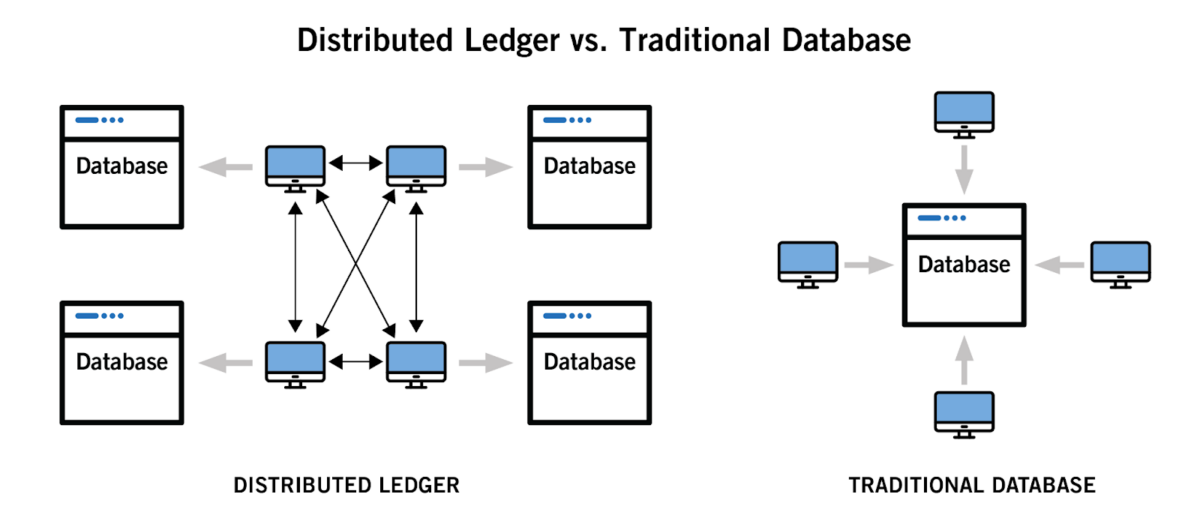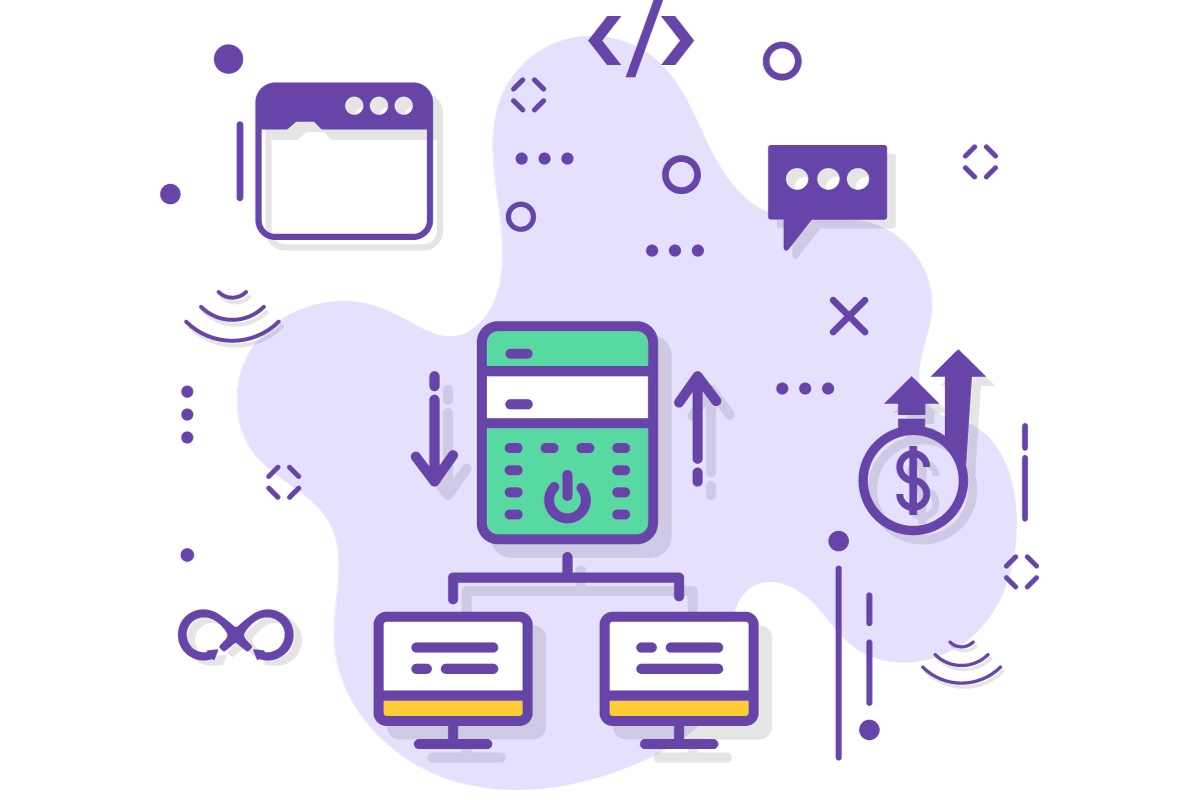What do you think is the most important component of blockchain? Bitcoin nodes are absolutely vital for the BTC protocol to exist, as well as Ethereum nodes will power every use case the underlying chain may have.
With this, let’s expand on why this happens and how to enter the world of blockchain via nodes.
Key Takeaways
- Bitcoin and Ethereum are the two OG cryptocurrencies and blockchain protocols that both aspire to inject people’s lives with decentralization of finances, applications, and other spheres of life;
- Just like any other blockchains, these two protocols solely rely on nodes that share the burden of providing network services;
- One node is one computer that joined the network and started storing on-chain data and validating transactions;
- Ethereum nodes perform slightly different functions than Bitcoin nodes, regardless, the primary purpose of both is to enable transacting cryptocurrencies, secure the networks, and allow interaction with underlying blockchains;
- One can run a node independently or use infrastructure services that share API-enabled access to various blockchains. This is the fastest and easiest way to start crypto-product development or engage with Ethereum or Bitcoin directly.
Bitcoin vs Ethereum
Bitcoin leads the market and has a long history, which was however centered around the currency.

While being valued for utmost decentralization thanks to Proof-of-Work mining and around 17k Bitcoin nodes to keep the network as distributed as possible, the whole narrative around BTC is it representing a store of value.
Ethereum, on the contrary, keeps its focus on expanding beyond value transfer and encouraging building products secured by blockchain.
The protocol has a huge user base and the biggest blockchain community. After the inception of smart contracts, the ecosystem has seen an inflow of developers building cryptocurrencies and products on top it.
In general, the second blockchain after Bitcoin has established itself as a trustworthy protocol due to a well-established consensus and arrangement of Ethereum nodes and continuous development.
Why Nodes Matter
Blockchains we know today are structured as Peer-to-peer networks, meaning they rely on a subset of peers rather than a centralized entity to operate. These peers are referred to as nodes.
They are also the servers that communicate with one another and run the software that defines rules everyone must agree to in order for the system to operate in a decentralized manner.
To better understand their significance for BTC and ETH, let’s review some vital functions they perform.
Maintaining Decentralization
In the lack of a central entity to decide what is true in blockchains, nodes ensure the system is decentralized and diffused across different participants to provide maximum security.

Form Of Storage
Node accommodates a complete and up-to-date copy of the blockchain, independently verifies data, receives updates about new blocks, and incorporates them into its local copy.
Conduct Transactions
Initiated crypto transactions are sent to nodes which then check their credibility and allow recording them to the ledger.
Backend Web3 Applications
Ethereum nodes also have an in-built capability of executing smart contracts, which is an important condition for supporting decentralized applications (dApps).
How GetBlock Can Help
A trusted RPC node provider, GetBlock started providing infrastructure for developers and individual users in 2019.

Nowadays, the platform supports over 50 blockchains with Ethereum and Bitcoin nodes being the top-demanded services.
The way GetBlock works allows both beginners and experts to handle Web3 development with ease.
To start using the services, all you have to do is register on the website, get your endpoints to any of the 50 supported chains, and pick one of the two types of services.
Shared Nodes
With the first type of GetBlock’s services, you’ll share your endpoint with several other customers.
This variant will suit best for connecting to testnets, to be confident your code works as expected before switching to mainnet and deploying it in production.
For the curious, GetBlock offers free 40,000 requests to trial this option before committing to paid tariffs.
Dedicated Nodes
Whether you need to connect a Bitcoin node to your dApp for building DeFi products or gain access to an Ethereum node for launching any type of powerful blockchain application, GetBlock’s dedicated node is the most efficient service.
For this option, you’ll be able to specify your own requirements, choose between a variety of API methods, or even define the physical location of servers.
The team will make sure to provide 24/7 support, the highest possible uptimes, and unlimited access.
Summing up
What is a node? Short answer: it is a blockchain. In general, whether you’re planning to run your own node or using RPC services for direct access to blockchains without hosting one, mastering the backbone of blockchain is fundamental for Web3 developers.
Ella Marcotte
Latest posts by Ella Marcotte (see all)
- UA vs GA4: The 4 Big Differences You Need To Know - April 26, 2024
- Understanding The Role Of Control Valves In Industrial Automation - April 8, 2024
- How Automation Can Boost Your Business Outcomes - April 4, 2024




